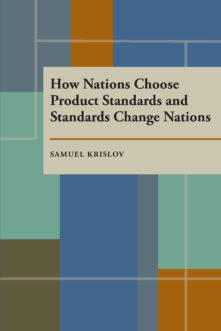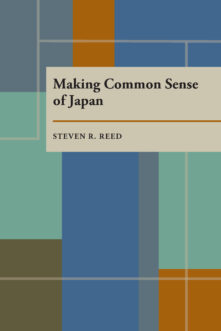Political Science / General
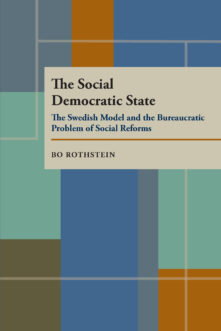

The Social Democratic State
The Swedish Model and the Bureaucratic Problem of Social Reforms
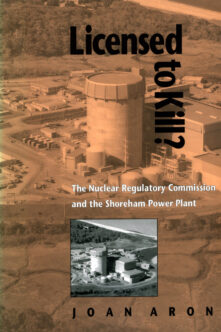

Licensed To Kill?
The Nuclear Regulatory Commission and the Shoreham Power Plant
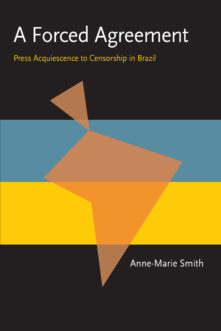

A Forced Agreement
Press Acquiescence to Censorship in Brazil
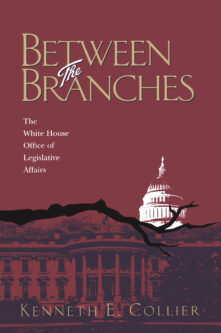

Between The Branches
The White House Office of Legislative Affairs
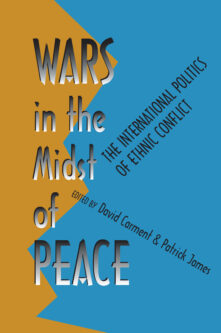

Wars in the Midst of Peace
The International Politics of Ethnic Conflict
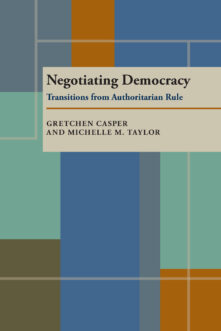

Negotiating Democracy
Transitions from Authoritarian Rule
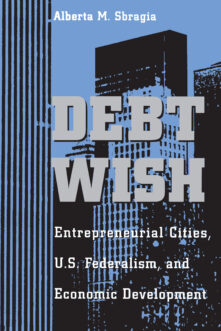

Debt Wish
Entrepreneurial Cities, U.S. Federalism, and Economic Development
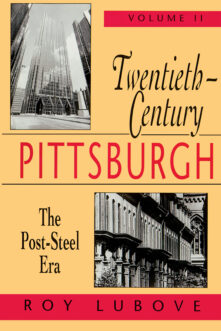

Twentieth-Century Pittsburgh, Volume Two
The Post-Steel Era
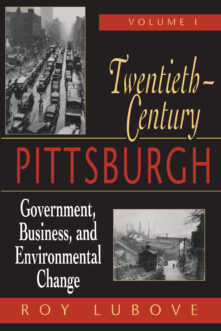

Twentieth-Century Pittsburgh, Volume One
Government, Business, and Environmental Change
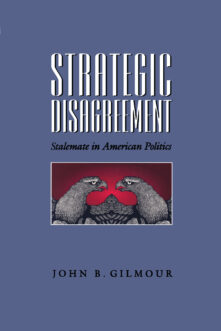

Strategic Disagreement
Stalemate in American Politics
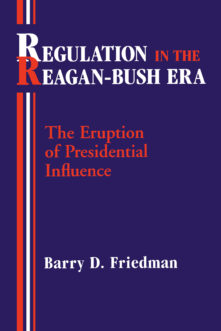

Regulation in the Reagan-Bush Era
The Eruption of Presidential Influence
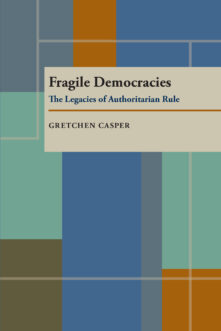

Fragile Democracies
The Legacies of Authoritarian Rule
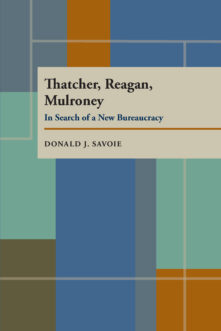

Thatcher, Reagan, and Mulroney
In Search of a New Bureaucracy
Total 73 results found.


